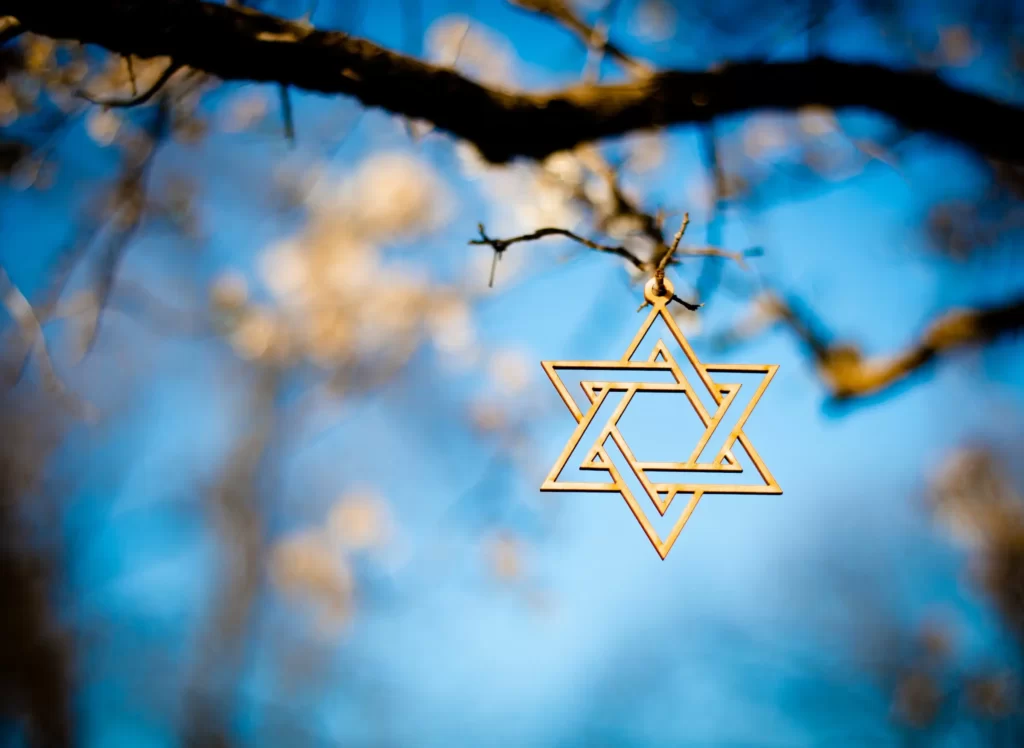Before the Funeral
After a Jewish person dies, their family contacts the local synagogue’s rabbi. The synagogue usually takes over most of the arrangements. A funeral home can suggest a rabbi for the end-of-life service for family members who don’t belong to a congregation.
In established Jewish communities, a sacred burial society called “Chevra Kaddisha” helps prepare the body for burial. The body is washed and dressed in a white burial shroud. Being a member of a Chevra Kaddisha (Holy Society in Hebrew) is considered among the most important “Mitzvot” (“good deeds” or “commandments”) a person can do. Part of the significance comes from the fact that the deceased can’t thank or repay the person for helping them.
When the person dies, tradition commands not to leave the body alone before the burial. “Shmira” is a practice related to guarding or watching over the body until it leaves the home.
The Jewish Funeral Service
Jewish funeral services are usually brief and simple.
You may notice immediate family wearing torn clothing. This is often representative as a symbol for their grief. The rabbi sometimes participates in this ceremony and says a blessing to the mourners. However, not all Jews maintain this tradition. In particular, it is not always practiced among Reform Jews, who may wear a black ribbon instead.
The Psalms, a eulogy, and a memorial prayer get recited during the service. Mourner’s Kaddish, a special end-of-life prayer for certain immediate family members, is recited. The Kaddish doesn’t mention death but rather glorifies G-d’s greatness.
After the prayers, the Chevra Kaddisha members carry out the casket. In the United States, Jewish people are usually buried in pine boxes, while cremation and embalming aren’t allowed by Jewish law. In Israel, people are sometimes buried only in the funeral shroud, without a casket.
Jewish Burial Customs
The burial customs in Jewish tradition reflect the community’s values and beliefs. Honoring and respecting the dead, comforting the family, and paying respect to G-d are crucial elements of every burial process.
The burial typically occurs as fast as possible according to Jewish principles of honoring the dead. Most funerals happen within 24 hours. However, a funeral can be postponed because of Shabbat or an immediate relative who can’t make it in time from abroad. Jewish funerals don’t include public viewing of the body.
Shiva: Jewish Mourning Practices
Following the funeral, a seven-day mourning period called Shiva begins, during which the mourners stay home and observe various rituals. Throughout the Shiva period, the mourners do not work. They process their grief, honor their deceased family member, and receive comfort from other family members.
Comforting the mourners can be done in several ways. People who aren’t immediate family members can provide comfort by attending the funeral or visiting the mourners during Shiva.
Jewish Cemetery Los Angeles
Funeral traditions are an integral part of Jewish culture and community. Beth Olam Jewish Cemetery is one of the oldest Jewish cemeteries in California that offers end-of-life and burial services according to Jewish traditions. Visit Beth Olam’s official webpage for more details.


